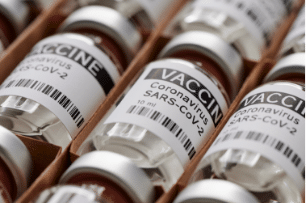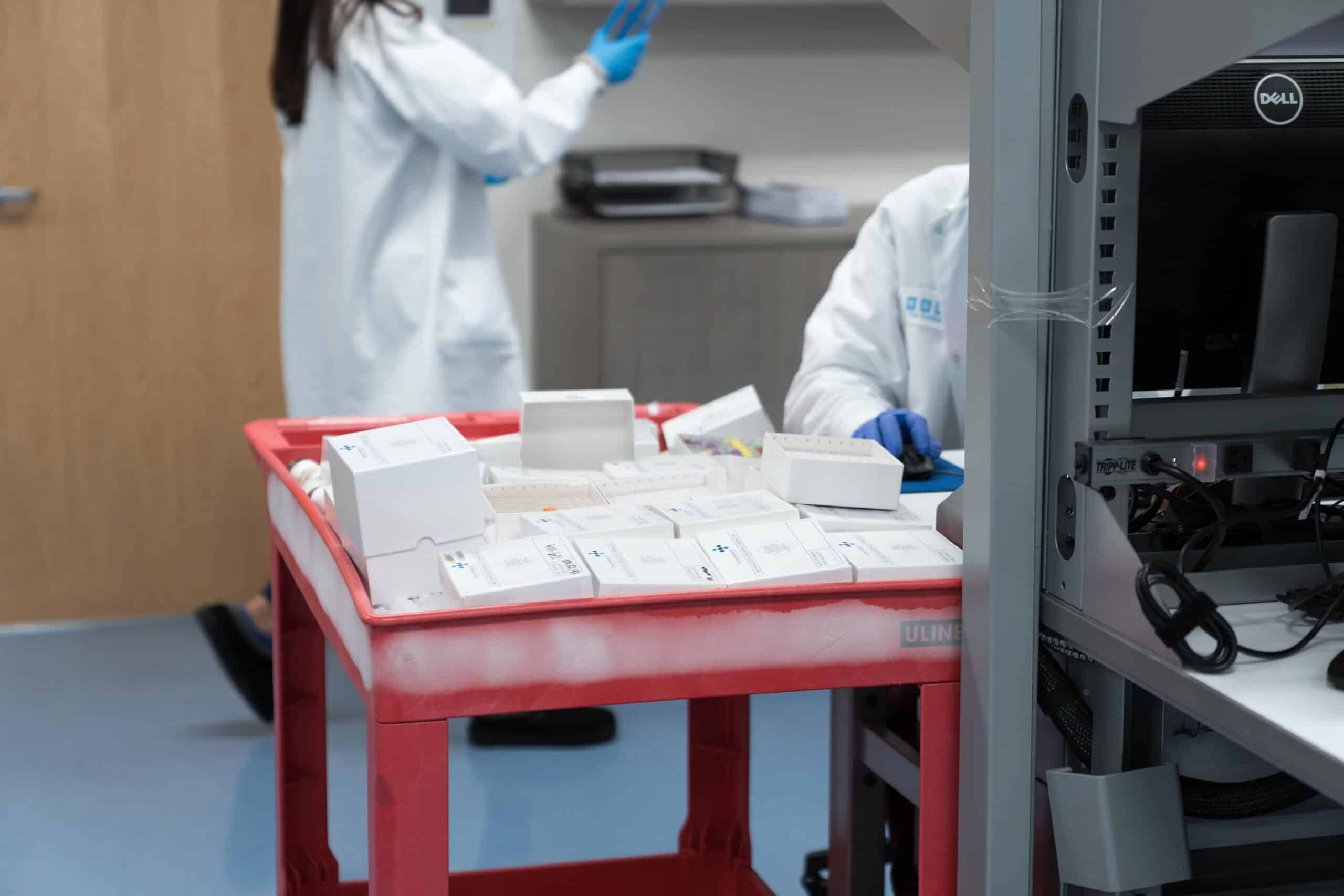Patient-centered DCT for trials of all sizes, customized to fit any study and any indication
Traditionally, patients were required to come on-site for screening, consent, and enrollment, but now up to 15% of clinical trials are being conducted in a decentralized manner. These decentralized clinical trials (DCTs) use remote technology and home healthcare professionals to bring the trial to the patient. DCTs can be hybrid or fully virtual, with some DCTs allowing for remote inclusion and follow-up.
DCTs improve real-time data collection, patient recruitment, retention, and compliance, making clinical trials more efficient and cost-effective, while also reducing the burden on patients by eliminating the need to travel to specific investigation sites. Furthermore, DCTs can be applied to any type of clinical trial.


A complete team dedicated to your trial
We are leveraging our healthcare professionals, clinical trial operations, home nursing, and central lab logistics networks to support hybrid DCTs in some countries by implementing procedures and digital tools that comply with local law regulations for all stakeholders involved in the trial.
By 2030, up to 50% of clinical trials will be hybrid DCTs, making patient-centric reflection the new standard approach to clinical trial design.
Case study – How Cerba Research helped advance a Phase 1B study in the middle of a pandemic and Brexit
Cerba Research conducted a two-country clinical trial that involved a nasopharyngeal swab and two assays. Although it sounds relatively straightforward, conducting a study during a global pandemic and Brexit is bound to be a struggle.
A combination of creative logistics, careful planning and a strong customer relationship allowed Cerba Research to keep sample processing for a novel COVID-19 treatment on track in the middle of extraordinary upheaval.

Case Study : Deployment of a hybrid decentralized clinical trial for the validation of a serological diagnostic test for the screening and follow-up of patients infected with the dengue virus
Reach out to our experts and discover how we can help you transform research and advance health




